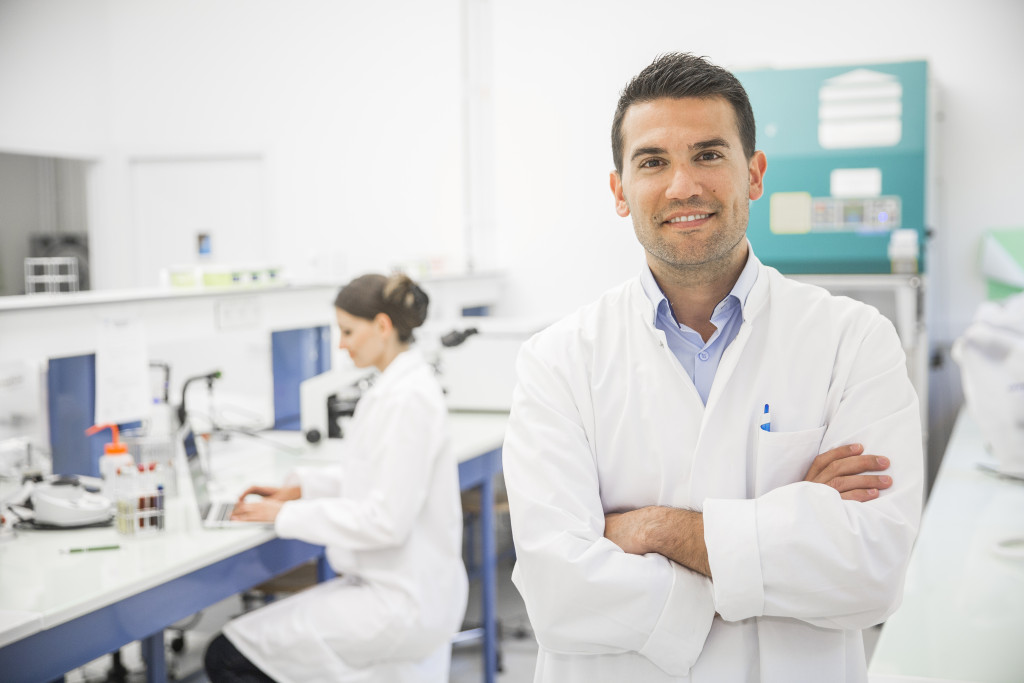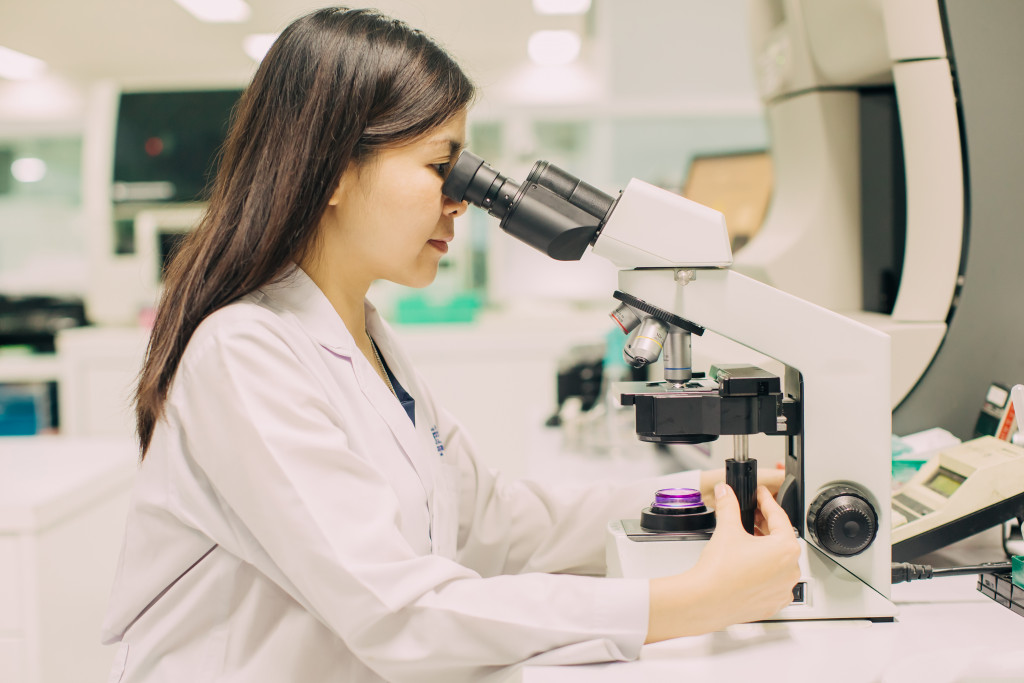In light of the pandemic, data is increasingly vital to creating a vaccine and a possible cure to eradicate the COVID-19 virus. Indeed, it is a remarkable scientific breakthrough, considering how the currently available vaccines’ testing and development show a favorable immune response even after only twelve months of hard work — relatively short in the context of vaccine creation. The fastest vaccine to be developed was in the sixties, which took four years. Even though the world is heading towards its second year in quarantine and the lockdowns feel more protracted than ever, it’s still far from the hardships people experienced in the past.
Researching, developing, testing, and rolling out the vaccines was made possible given the available data. Although different variants still appear, some can now get on with their lives as normally as possible. Quickly developing vaccines is primarily thanks to scientists and the countries willing to cooperate in the hopes of creating a cure. So with the data scientists have gathered to combat COVID-19 and the financial support pledged by different countries, imagine how many more diseases the medical field can cure if they had the same massive support.
To support the medical field, you can do your part by becoming a citizen scientist. Here’s how:
Spread Awareness
The first step to drawing attention to a specific cause is by shining light on it. Like the issues you feel strongly about, organizations working to shed light on other diseases also exist and ask the public for help through collecting signatures online and onsite. They can get the funding they need from the government or corporations to finance their research and testing by gathering signatures. With a pen and a phone, you can sign petitions and share them on your socials for your friends and family to see.
Donate in Research Funding
Another way to help launch research and development of medications for particular diseases is through a monetary donation. Sharing causes in your social media accounts can help spread awareness, but donating funds is a more straightforward way of helping and the quickest one to kickstart operations. Besides providing financial aid to begin their research projects, you can also donate equipment crucial for their experiments.
Add Your Name to a Registry
If you’re more than willing to further assist in causes, you can add your name to a registry and let scientists contact you if they’re looking for someone your build or a person who has a health condition like yours to study. There are plenty of research registries you can sign up on, including the one led by the University of Michigan and the HEROES registry. Doing this will help them improve their research and get more data that will lead to many discoveries.

Join a Clinical Trial
Joining a clinical trial is almost the same as signing your name up in a registry because you’d personally participate in research. But a clinical trial is more of a serious nature since you would try medications that are still on the trial phase. Essentially, you’ll be the first one to try drugs, treatments, and healthcare devices, of course under the observation of professionals to see if the said inventions deserve a green light for widespread rollout. To give you an example, you can volunteer to try a drug developed by scientists researching targeted protein degraders, which destroy disease-causing proteins. As a result, the scientists will get more data to enhance their research.
Share Your Thoughts
Volunteering your body to advance scientific discoveries is a noble thing to do since it can benefit countless people. Still, it is undoubtedly frightening because you do not know what side effects you might have. However, if you still want to help professionals in the medical field, there are plenty of non-intrusive methods, like those discussed above. Data and information are vital to making discoveries, but volunteering for clinical trials is not the only way to share essential details; filling in surveys can also help. Answering surveys is probably one of the safest ways to aid in medical discoveries, considering how you can share vital information without leaving your home.
Help Track Symptoms
Symptom tracking requires the daily sharing of data, and it works via an app or through text messaging. You’re going to communicate with a healthcare professional and tell them your body’s condition daily so that they can monitor changes and possible symptoms. The primary purpose of this is to track a potential increase in infections, discover new strains, and help keep you safe by detecting telltale disease signs. Most medical and educational institutions have their respective apps and websites, such as the COVID Near You by Harvard University and the National Daily Health Survey by Stanford University.
Everything starts small, so with a bit of push from the public, companies and organizations can launch research projects and begin their quest to discover solutions for the seemingly benign and most fatal illnesses.
